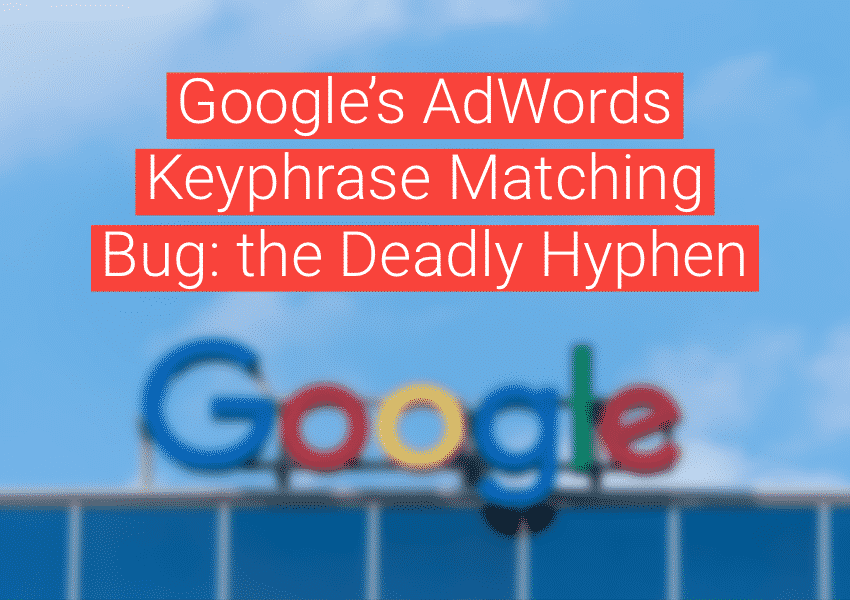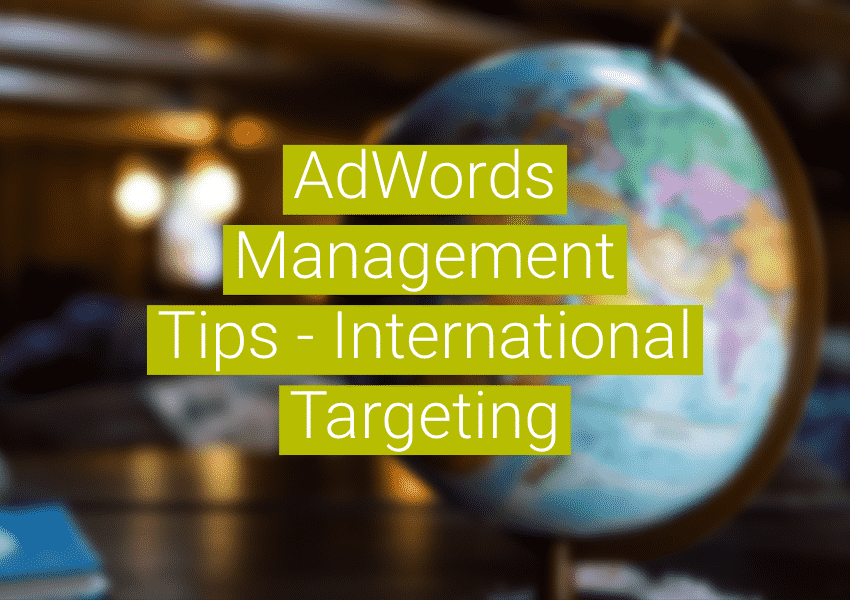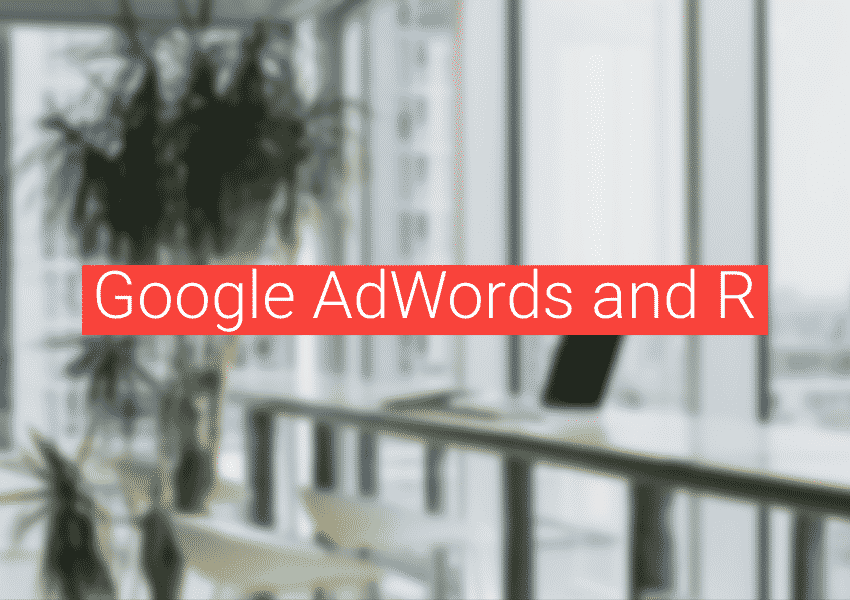Google AdWords and Microsoft adCenter paid search platforms have similar trademark policies, here are the policy summaries:
Policies vary by the country of interest, but the gist of it for the U.S. is that you can bid on competitors’ trademarks, but you cannot use those trademarks in the ad text. You are responsible for bidding on trademarked keywords, but AdWords and adCenter actively investigate trademarked terms used in ad text.
There are exceptions to the rule about trademark usage in ad text for resellers, informational sites, and (for adCenter) third-party validated comparisons, but generally when you’re talking about trademark bidding strategies, you’re talking about a situation where you are prohibited from using the trademark in ad text.
So when do you want to bid on a competitor’s trademark? What follows is purely a goal-based analysis of what you probably want to do when considering competitor trademarks; it doesn’t take into account business policies or preferred conduct. In addition, my assumption is that your goals are based on leads and revenue.
Depending on market position, brand recognition campaigns might be more apt to bid on competitors’ trademarks because of the perceived value in “stealing” website visitors, but the analysis here is based more on sales metrics.
Quality scores and trademark bidding
Trademark campaign success depends on quality score factors. Keyword phrases for competitors’ trademarks get low quality scores. They’ll have low clickthrough rates, low ad relevance, and low landing page relevance. This drives up bids to maintain a position that still brings in clicks, and it increases the average cost per conversion.
Adding to the challenge, this is for a category of terms that will likely have low conversion rates because it misses the exact intent of the visitor’s query. That being said, there are a few generalizations that I have observed indirectly from paid search marketing. (I say “indirectly” because you don’t see quality scores for ad ranking most of the time — I’m making a judgement based on ad position and average cost per click.)
- The more the keyword relates to a product or service and the less the keyword it relates to the trademark itself, the better the quality score. For example one of our competitors bidding on “pure visibility” should expect the quality score to be lower than if they were bidding on “pure visibility corporate paid search marketing.”
- Trademark keywords that are bid directly seem to have lower quality scores than trademark queries that are occasionally broad-matched by a non-trademark term. For example, if you bid directly on “pure visibility corporate paid search” you might expect that term to have a lower quality score at an auction for the query “pure visibility corporate paid search,” than when “corporate paid search” broad matches that query.
- In AdWords (as of June 2012) the quality score has a greater negative affect on your ad’s rank than in adCenter. So it’ll be more likely that you will want to avoid trademark bidding in AdWords than in adCenter, when considering quality scores.
Conditions that make trademark bidding feasible
Companies that are new to paid search will often want to focus on competitors’ trademarks. For small brands who want to carve out a market from a larger brand, this is particularly attractive.
For small brands, you’ll usually not only want to avoid bidding on competitor’s trademarks, but you should also want to block them with negative keywords. A well-performing paid search account won’t have competitor trademarks as the focus; there will be a large set of keywords that are product- or service-specific. You should always expect the average cost per click for a competitor’s trademark to be on the high side.
These are some cases with generalizations about what you can expect in the AdWords or adCenter search network:
- Trademark bidding could work well when your product isn’t heavily attached to your brand. For example, your product line is similar to your competitor, and you sell identical products at a better deal. You might sell particular models at a cheaper rate in a price-sensitive market. In this case you’d try bidding directly on competitors’ brands, particularly the specific variations that might be product relevant.
- Your service is similar to your competitor, and you have key features or conveniences in common. You place high value on conversions coming from competitor queries. You could try bidding on your competitor’s trademark, especially in adCenter, but most likely you’d just want to broad match competitor terms with non-competitor terms.
- You have a regular business. Brand is important to what you sell and consumers or businesses place heavy distinction on different brands. You’ll want to block branded queries with negative keywords.
In some accounts blocking competitor brands with negative keywords has a lot of value that isn’t readily apparent without sifting through search query reports.
It’s difficult to group together competitor-related queries to see aggregate performance because the queries won’t have a lot in common. But it’s worth trying. Besides direct benefits from reducing costs, you could be improving quality scores by increasing your overall clickthrough rates by blocking competitor terms.
This advice is for search networks. It is more difficult to generalize about content or display networks. It is worth trying ad groups with competitor keywords in the AdWords content or display network. This can buy you some very relevant placements.
Try it out with reserved expectations
Based on sales and leads, most of the time you do not want to bid on competitor trademarks. But these are generalizations, for definitive answers you should always try it out. However, you shouldn’t expect competitor trademark bidding suddently to provide big improvements to a well-established account.




